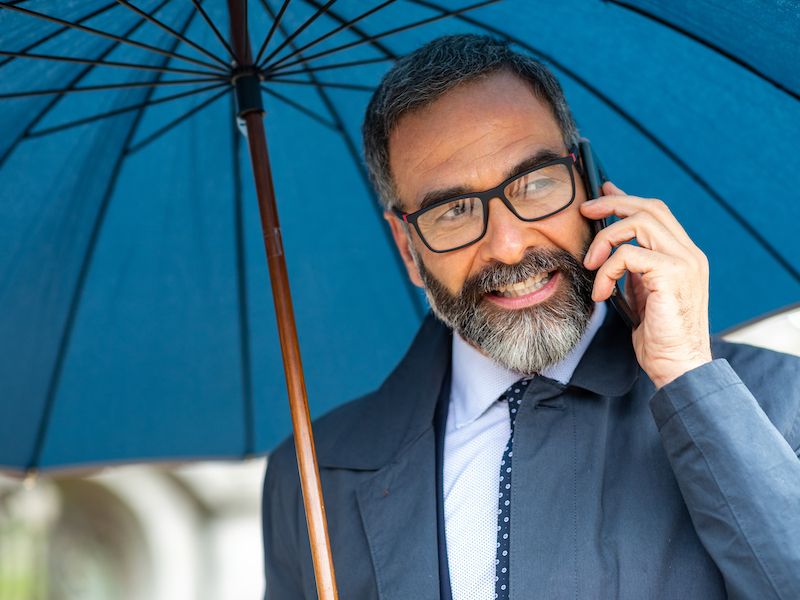
John’s having a difficult time at work because he doesn’t always hear conversations. He’s in denial and is constantly telling himself that everyone is mumbling. What’s more, he thinks he’s too young for hearing aids, so he hasn’t gone in for a hearing exam and has been avoiding a hearing exam. Unfortunately, he’s been doing significant harm to his ears by pumping up on his earbuds. So, sadly, his denial has stopped him from seeking out help.
But what John doesn’t comprehend is that his viewpoints are antiquated. Because the stigma around hearing loss is becoming less common. Particularly, with younger people, it’s far less evident, though you may still encounter it to some extent in some circles. (Ironic isn’t it?)
How Can Hearing Loss Stigma be Harmful?
The cultural and social connections with loss of hearing can be, to put it simply, not true and not beneficial. For some people, hearing loss might be regarded as a sign of aging or a loss of vigor. The fear is that you’ll lose some social standing if you disclose you have hearing loss. They feel like they may appear old and come off as less “cool”.
You could be tempted to think of this stigma as a rather amorphous issue, separated from reality. But for people who are trying to deal with hearing loss there are some very real consequences. Some examples include:
- Relationship obstacles (Your not just tuning people ot, you just can’t hear them very well).
- Putting of on hearing loss management (leading to unnecessary suffering and poor outcomes).
- Setbacks in your career (perhaps you missed a critical sentence in a business meeting).
- Job hunting problems (it’s unfortunate, but some people may be prejudiced against hearing loss even if it’s not entirely legal).
There are many more examples but the point is well made.
Thankfully, changes are happening, and It seems like the stigma of hearing loss is really disappearing.
The Reasons For The Decrease of Hearing Loss Stigma
There are various major reasons why hearing loss stigma is on the decline. Population demographics are transforming and so is our connection to technology.
It’s Becoming More Common For Young Adults to Have Hearing Loss
Perhaps the biggest reason that hearing loss stigma is vanishing is that hearing loss itself is starting to be more and more common, especially with younger people (and we’re speaking largely of young adults not children).
Most statistical research put the number of individuals with loss of hearing in the U.S. about 34 million, which breaks down to 1 in 10 people. There are too many factors that cause this for us to entering into here (loud noise from multiple sources seems to be the biggest factor), but the main point is that loss of hearing is more common now than it ever has been before.
There is more discussion and knowledge about loss of hearing as it becomes more widespread.
We’ve Become More Familiar With Technology
Possibly you resisted your first set of hearing aids because you were concerned they would be an obvious indication that you have a hearing issue. But nowadays, technology is so pervasive that hearing aids pretty much blend entirely in. No one really even sees them. In many cases, newer hearing aids are small and discrete.
But in many cases hearing aids go unnoticed because these days, everyones ears seem to have something in them. Technology itself is simply so pervasive (and personal) that no one even pays attention when you have a tiny piece of helpful technology yourself.
An Overdue Shift in Thinking
There are other factors for why loss of hearing has an improved image these days. Much more is commonly comprehended about hearing loss and there are even celebrities that have told the public about their own hearing loss conditions.
There will continue to be less stigma regarding loss of hearing the more we observe it in the world. Now, of course, we want to stop loss of hearing in every way that’s possible. If we could find a way to reverse trends in youth hearing loss as we challenge hearing loss stigma that would be ideal.
But more people will begin to be ok with seeing a hearing professional as this stigma goes away. This will keep everyone hearing better and enhance general hearing health.
